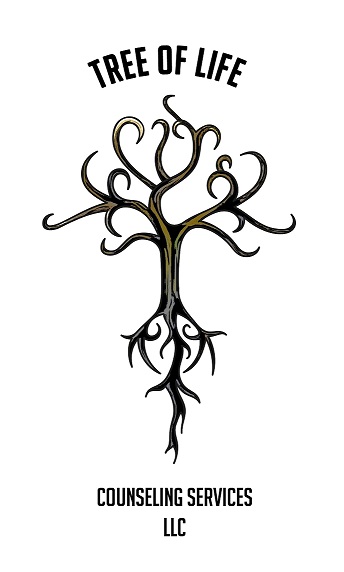
The Department of Veterans Affairs/Department of Defense (VA/DoD) Clinical Practice Guideline Classification of Psychotherapies for Posttraumatic Stress Disorder (PTSD) recommends Exposure-based therapies such as prolonged exposure therapy, brief eclectic psychotherapy, narrative therapy, and written exposure therapies Cognitive-based therapies such as cognitive processing therapy Stress inoculation training Eye movement desensitization and reprocessing (EMDR).
The Vagus Nerve, our body’s longest nerve, also know as the 10th Cranial Nerve, the pneumogastric nerve, and the wandering nerve, travels from the base of the brain, up to the ears, and down to the bottom of the lower intestines. It supplies motor parasympathetic fibers to all the organs (except the adrenal glands). Studies show that stimulation of the Vagus nerve can reduce inflammation (Addorisio et al., 2019) and can boost relaxation, “rest and digest” (Bretherton et al., 2019). What’s more, is the Vagus nerve can be stimulated from an electrode placed on the skin (transcutaneous) at a point on the ear (auricular) using a TENS device with a suitable ear electrode. I will provide a Tens Unit (https://www.tenspros.com/ ) for my clients to help with Vagus Nerve Stimulation.
Trauma Informed Care
Trauma-informed care shifts the focus from “What’s wrong with you?” to “What happened to you?” A trauma-informed approach to care acknowledges that health care organizations and care teams need to have a complete picture of a patient’s life situation — past and present — in order to provide effective health care services with a healing orientation. Adopting trauma-informed practices can potentially improve patient engagement, treatment adherence, and health outcomes, as well as provider and staff wellness. It can also help reduce avoidable care and excess costs for both the health care and social service sectors. Emotional dysregulation is a mental health condition that makes it difficult to control emotions and how they impact behavior. People with emotional dysregulation may have intense and prolonged emotional reactions that seem out of proportion to the situation. These reactions can include angry outbursts, anxiety, depression, and impulsive behaviors. Over time, emotional dysregulation can interfere with relationships, work, school, and daily life. Regular therapy and medication can help people manage emotional dysregulation. People can also learn to self-regulate and snap out of a triggered response. With a good therapeutic relationship established, the next task of treatment is to help clients learn the workings of their autonomic nervous systems and the importance of regulating this system (Ford & Russo, 2006). Virtually every effective treatment for posttraumatic stress, especially cognitive behavioral methods, includes some strategy for achieving and maintaining relaxation (Foa, Keane, Friedman, & Cohen, 2008; Management of Post-Traumatic Stress Working Group, 2010). Wolpe (1961, 1968) discovered that when people with anxiety disorders confronted things that made them anxious while keeping their bodies relaxed, they were able to resolve their symptoms of anxiety.
The treatment process will begin by asking potential clients what they are seeking for therapeutic intervention needs. An intake assessment will target needs, goals and objectives specific to each client. I will also provide family assistance needs if that is part of the treatment need request.
I take most insurances including Medicaid Tri West, Tri Care and I offer a fee assessment scale as well.
bruce@tolcs.services
(970) 825-6597
3225 Templeton Gap Road Unit 103
Colorado Springs, CO 80907
- Monday
- 9:00 am – 5:00 pm
- Tuesday
- 9:00 am – 5:00 pm
- Wednesday
- 9:00 am – 5:00 pm
- Thursday
- 9:00 am – 5:00 pm
- Friday
- 9:00 am – 5:00 pm
- Saturday
- Closed
- Sunday
- Closed
